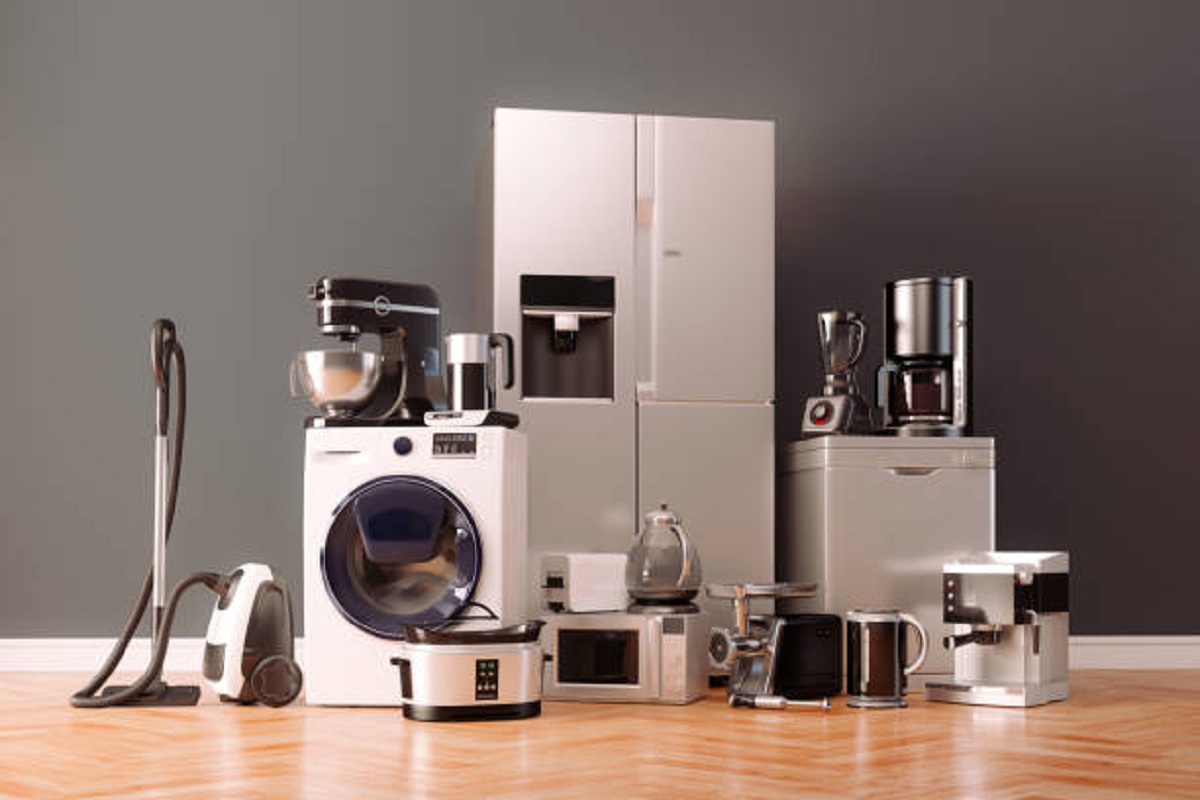There are many well known companies in the consumer durables field, spread across various sub-categories.
The consumer durables sector includes companies that manufacture goods designed to last for several years. Unlike consumables such as food or toiletries, durable goods — including appliances, vehicles, electronics, and furniture — provide long-term utility and often require significant upfront investment. These products are central to daily life and household management, and the companies behind them represent some of the world’s largest and most influential corporations.
The consumer durables industry is broad, covering both global conglomerates and niche manufacturers. It is shaped by shifting consumer preferences, economic cycles, and rapid technological innovation.
Understanding the Consumer Durables Field
Consumer durables can be divided into several key categories: home appliances, electronics, automobiles, furniture, and leisure equipment. These goods are characterized by their longevity — typically lasting three years or more — and their role as assets that consumers use repeatedly over time.
Companies in this field often experience cyclical demand. During economic expansions, consumers are more willing to purchase high-ticket items such as televisions, washing machines, or cars. Conversely, in downturns, demand may slow as households postpone major purchases.
Despite these fluctuations, the industry remains essential, driven by continuous innovation, replacement cycles, and the global rise of middle-class consumers.
Leading Companies in Consumer Electronics
One of the most visible segments of the consumer durables industry is electronics. Global giants such as Apple, Samsung Electronics, Sony, and LG Electronics dominate this field.
Apple, headquartered in California, produces some of the most sought-after products in the world, including the iPhone, iPad, and MacBook. The company’s brand strength and ecosystem integration make it a leader not only in electronics but across the entire consumer goods market.
South Korea’s Samsung Electronics competes closely with Apple, offering a wide range of products from smartphones and televisions to household appliances. Sony, based in Japan, has a long history in entertainment and electronics, with products such as the PlayStation and Bravia television line. LG Electronics also holds a strong global presence, particularly in home appliances and display technologies.
Together, these firms define the modern electronics market, setting trends in technology, design, and sustainability.
Major Home Appliance Manufacturers
The home appliance segment of consumer durables includes both multinational corporations and specialized brands. Companies such as Whirlpool Corporation, Electrolux, Bosch, and Haier are leading players in this category.
Whirlpool, an American company, is one of the world’s largest manufacturers of household appliances. Its product range covers washing machines, refrigerators, and cooking equipment, marketed under well-known brands such as KitchenAid and Maytag.
Electrolux, based in Sweden, produces a wide array of home appliances for both consumer and professional use, with brands including AEG and Frigidaire. Bosch, part of Germany’s Robert Bosch Group, is another prominent manufacturer, recognized for energy-efficient and durable kitchen and laundry appliances.
Haier, a Chinese company, has expanded rapidly over the past two decades and now operates globally, owning the appliance divisions of other established brands such as GE Appliances.
The Automotive Sector: A Durable Goods Powerhouse
Automobiles are one of the most significant categories within consumer durables, both in terms of economic value and technological complexity. Major carmakers such as Toyota, Volkswagen Group, General Motors, Ford Motor Company, and Hyundai Motor Group represent key players in this space.
Toyota, based in Japan, is one of the largest automotive manufacturers worldwide, renowned for its reliability and innovation in hybrid technology. Volkswagen Group, headquartered in Germany, controls a diverse portfolio of brands, including Audi, Porsche, and Lamborghini.
In the United States, General Motors and Ford have shaped the industry for over a century. Both companies continue to adapt to new technologies such as electric vehicles and autonomous driving systems. Hyundai Motor Group, based in South Korea, has gained international recognition for combining quality, affordability, and advanced design.
Furniture and Home Goods Companies
The furniture segment also plays a crucial role in the consumer durables field. Companies like IKEA, Ashley Furniture Industries, and La-Z-Boy dominate this market.
IKEA, based in Sweden, is known for its flat-pack furniture and affordable modern designs. Ashley Furniture, headquartered in the United States, is one of the largest home furniture manufacturers globally, with a strong retail presence across North America. La-Z-Boy is best known for its recliners and upholstered seating, appealing to consumers seeking comfort and durability.
The furniture industry often mirrors broader lifestyle trends, with increasing demand for sustainable materials and multifunctional designs suited to smaller urban living spaces.
Other Notable Consumer Durable Brands
Beyond the core categories, several companies specialize in recreational and lifestyle products that also fall under the durable goods umbrella. These include Nike and Adidas in sports equipment, Peloton in connected fitness, and Canon and Nikon in imaging technology.
These firms contribute to the durability sector by offering products designed for repeated use and long lifespan, even as they adapt to digital transformation and changing consumer habits.
The Importance of Innovation and Sustainability
Across all segments, the consumer durables field is increasingly shaped by innovation and environmental responsibility. Companies are investing in energy-efficient technologies, recyclable materials, and longer product lifespans to meet regulatory standards and growing consumer expectations.
Whether it’s electric vehicles, smart appliances, or modular furniture, the emphasis on sustainability is becoming a defining feature of the sector.
Final Thoughts on What Companies Are in the Consumer Durables Field
The consumer durables industry encompasses a wide array of companies producing long-lasting goods that shape modern life. From Apple and Whirlpool to Toyota and IKEA, these businesses represent the backbone of household consumption and global manufacturing.
Their success depends not only on product quality but also on innovation, brand trust, and adaptability in an evolving economic landscape. As technology advances and sustainability becomes a priority, the world’s leading consumer durable companies will continue to define how people live, work, and connect for years to come.




